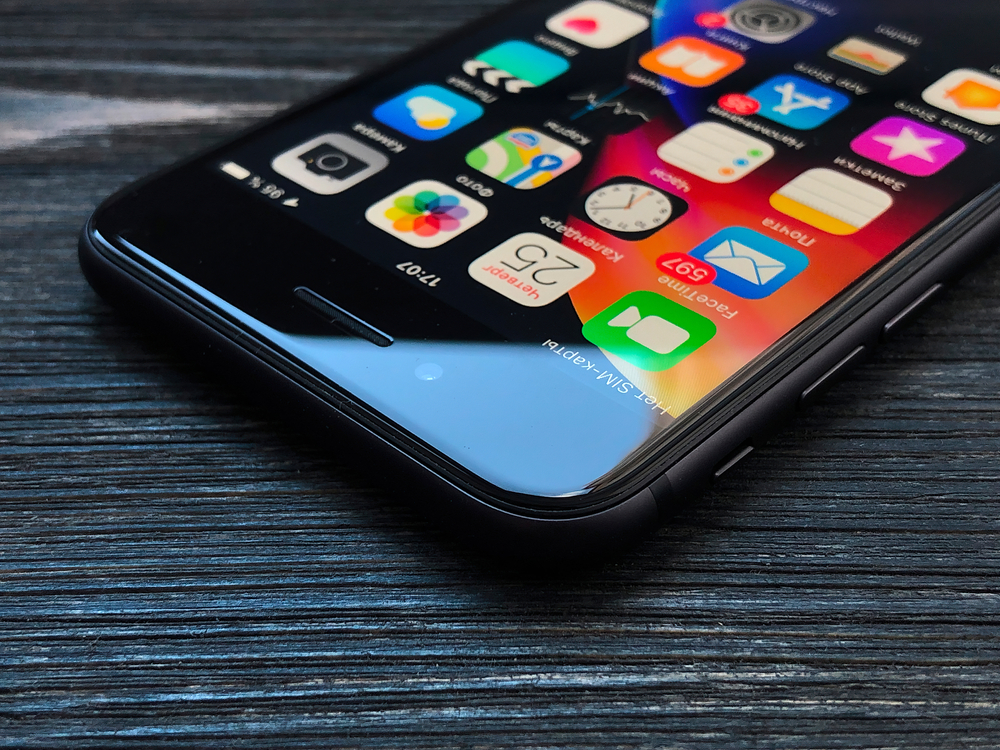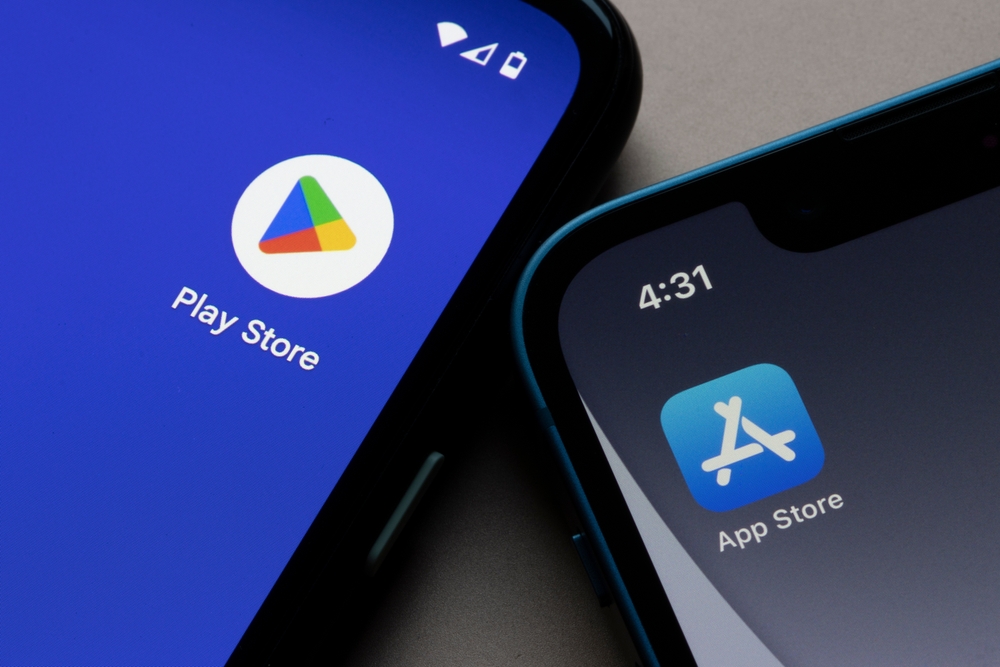
Mastering Mobile App Marketing: Top Tips and Tricks for Successful Promotion

In the fast-paced world of technology, mobile apps have become an integral part of our lives. With millions of apps available on various app stores, it has become crucial for developers and businesses to not only create a great mobile app but also effectively market and promote it. App promotion plays a vital role in ensuring the success of any mobile app. In this article, we will explore some top tips and tricks for successful mobile Google Play or App Store app marketing.
1. Define Your Target AudienceBefore diving into the ocean of app marketing, it is essential to define your target audience. Understand who your app is designed for and how it solves their problems or contributes to their lives. By identifying your target audience, you can tailor your marketing efforts and messages accordingly, ensuring that you reach the right people who are more likely to engage with and download your app.
2. Optimize Your App Store Presence
A crucial part of mobile iOS or Android app marketing is optimizing your app store presence, whether it's the Apple App Store or Google Play Store. The first impression users have of your app is through its app store page, so make sure it stands out. Use eye-catching app icons, compelling screenshots, and engaging app descriptions. Incorporate relevant keywords throughout your text to improve your app's discoverability in the app store search results.
3. Leverage App Store Optimization (ASO)
App Store Optimization (ASO) is similar to Search Engine Optimization (SEO) for websites. It helps your app rank higher in the app store search results. Conduct thorough keyword research to identify the most relevant and high-ranking keywords for your app. Include these keywords in your app title, description, and metadata to improve its visibility. Regularly analyze and monitor your app's performance in the app store to make data-driven decisions and further optimize your app's listing.
4. Create a Stellar App Website
Having a dedicated website for your mobile Android or iOS app is another effective marketing strategy. It not only serves as a hub of information about your app but also enables potential users to learn more and make an informed decision about downloading it. Design a visually appealing and user-friendly website that highlights your app's features, benefits, and success stories. Include screenshots, videos, testimonials, and social proof to enhance credibility and encourage conversions.
5. Embrace Social Media Marketing
Social media platforms have become powerful marketing tools for promoting mobile app s. Identify the platforms where your target audience is most active and create a strong social media presence. Regularly post engaging content related to your app, such as tutorials, user stories, updates, and industry news. Run targeted ad campaigns on platforms like Facebook, Instagram, and Twitter to reach your desired audience. Encourage users to share their experiences with your app on social media and provide incentives for referrals and reviews.
6. Collaborate with Influencers and Bloggers
Influencers and bloggers have a significant impact on shaping opinions and driving engagement. Reach out to influencers who have a strong following in your app's niche and collaborate with them to promote your app. Host exclusive giveaways, offer discount codes, or provide early access to get them excited about your app. Similarly, engage with bloggers who write about topics relevant to your app and request them to review or feature your app on their platforms.
7. Implement In-App Referral Programs
One of the most effective ways to spread the word about your mobile App Store or Google Play app is through referral programs. Encourage your existing users to refer your app to their friends and family in exchange for rewards, such as in-app credits, premium features, or exclusive discounts. In-app referral programs not only boost your app's visibility but also help increase user retention and loyalty.
8. Utilize App Analytics and Data
To make informed marketing decisions, it is essential to gather insights and analyze data related to your app's performance. Leverage app analytics tools like Google Analytics for Mobile Apps and Firebase Analytics to track user behavior, measure user acquisition and retention rates, and identify areas for improvement. Analyzing the data will help you optimize your marketing strategies, target specific user segments, and deliver a better user experience.
9. Engage with App Reviewers and Respond to Feedback
App store reviews play a significant role in attracting new users. Encourage your users to leave reviews and ratings for your app. Positive reviews serve as social proof and build credibility, while negative reviews provide valuable feedback for improvement. Respond to user reviews promptly and professionally, addressing their concerns and showing that you value their input. Interacting with your users demonstrates your dedication to providing a quality app experience and encourages others to download your app.
Frequently Asked Questions:
Q1. How long should my app store description be?A1. While there is no strict character limit, it is advisable to keep your app store description concise and engaging. Aim for around 300-500 words, highlighting the key features and benefits of your app.
Q2. Do I need a separate app website if I already have a strong social media presence?
A2. Yes, having a dedicated app website is beneficial as it provides a centralized platform for potential users to gather detailed information about your app. It also helps improve search engine visibility and allows for more comprehensive content marketing.
Q3. What if my app receives negative reviews?
A3. Negative reviews are inevitable, and they provide an opportunity for improvement. Take negative feedback constructively, respond to users professionally, and address their concerns. Use the feedback to refine your app and enhance the user experience.
Q4. How often should I analyze my app's performance data?
A4. It is recommended to regularly monitor your app's performance data to stay updated on user behavior and app trends. Aim for at least monthly reviews, but more frequent analysis can be beneficial, especially after implementing significant updates or marketing campaigns.
Q5. Can I run paid app advertisements on social media platforms?
A5. Absolutely! Social media platforms like Facebook, Instagram, and Twitter provide robust advertising solutions for app marketers. You can create targeted ad campaigns to reach specific user segments and achieve your app marketing goals.
In conclusion, mastering mobile app marketing requires a combination of strategic planning, effective optimization, engaging content creation, and continuous performance analysis. By implementing these top tips and tricks, you can enhance the visibility of your mobile app, attract more users, and ultimately achieve successful app promotion. Start applying these strategies today and watch your app soar to new heights.
Other useful resources
- https://en.wikipedia.org/wiki/IOS